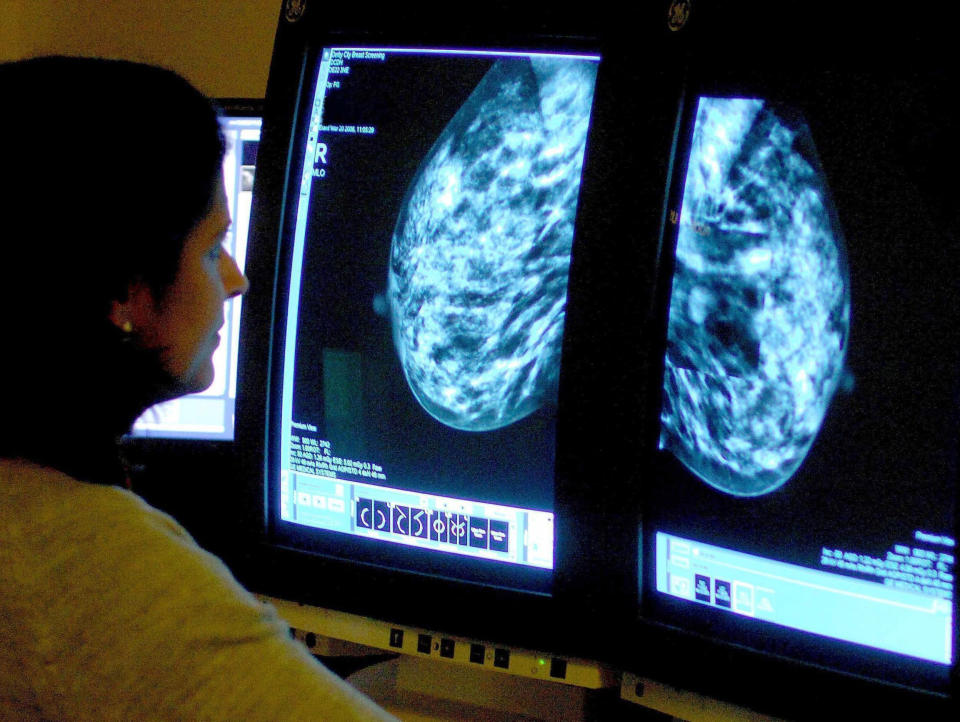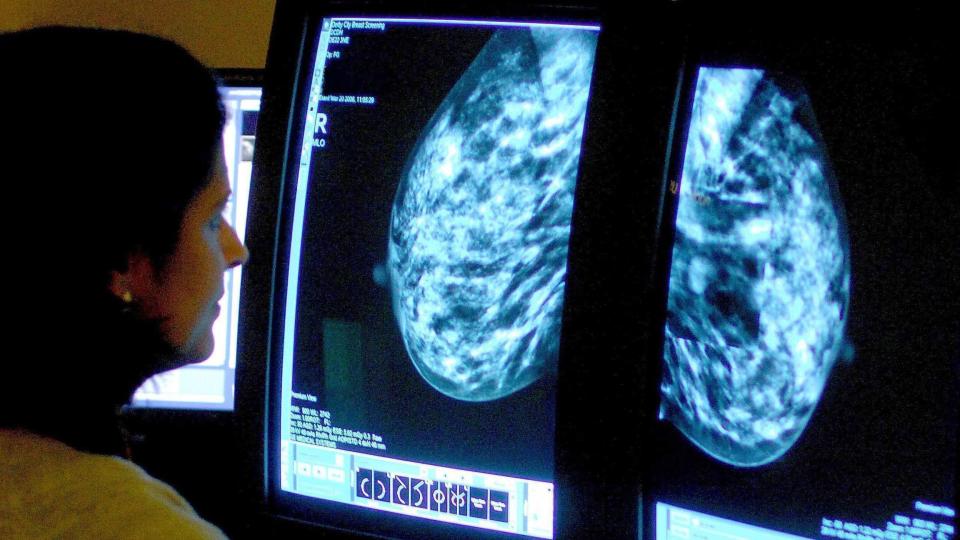Major overhaul of cancer screening programmes announced
A major overhaul of national cancer screening programmes will look at possible changes to currently outsourced provision following “recent issues” with breast and cervical cancer screening, NHS England has said.
Screening programmes have saved hundreds of thousands of lives but improvements can always be made, and the review will look at how the latest innovations can be used, including the potential use of artificial intelligence.
It will also look to learn lessons from recent issues around breast and cervical screening.
Yesterday it emerged that up to 48,500 women have not received information regarding cervical cancer screening after a system error at Capita, which is contracted to provide various support services across England.
In May it was revealed that between 135 and 270 women may have had their lives cut short due to failures in breast cancer screening following a computer error.
Screening can help spot problems early before a person has any symptoms, when cancer is often easier to treat. In some cases it can even prevent cancers from developing in the first place, by spotting people at risk.
There are three national cancer screening programmes in England – for cervical, breast and bowel cancers.
The review, which will also look at how to encourage more eligible people to be screened, will be led by Professor Sir Mike Richards, who was the NHS’s first cancer director and is the former Care Quality Commission (CQC) Chief Inspector of Hospitals.
He will lead a team which will assess current screening programmes and recommend how they should be organised, developed and improved.
They will advise NHS England and Public Health England (PHE) on the best operational delivery models for current screening programmes, including possible changes to currently outsourced provision.
Sir Mike said: “There is no doubt that the screening programmes in England save thousands of lives every year, however, as part of implementing the NHS’s long-term plan, we want to make certain they are as effective as possible.
“This review provides the opportunity to look at recent advances in technology and innovative approaches to selecting people for screening, ensuring the NHS screening programme can go from strength to strength and save more lives.”
NHS England’s national medical director, Professor Steve Powis, said: “Screening is a vital and effective tool in our fight against cancer. However, recent issues with breast and cervical cancer screening have shown that we need to look closely at these existing programmes.
“Sir Mike has a wealth of experience in healthcare and is ideally placed to lead this independent review.”
The review is expected to report by summer 2019.
Dr Fran Woodward, executive director of policy and impact at Macmillan Cancer Support, said: “We welcome the announcement of a review into cancer screening and believe Sir Mike Richards is well-positioned to lead this. The review should aim to find short-term fixes to address failings in the delivery of screening programmes.
“Everyone who is eligible for screening should be invited promptly, able to book an appointment easily and receive their results as quickly as possible, which is particularly crucial at a time when people are often experiencing significant anxiety.
“The review must also pave the way for long-term improvements to the screening process using innovations in technology and science to help ensure more people are diagnosed with cancer at the earliest possible stage.”
Baroness Delyth Morgan, chief executive at Breast Cancer Now, said: “Following the recent major errors, this landmark review demonstrates a really encouraging level of ambition in the NHS’s long-term plan to harness research progress and improve cancer outcomes in England.
“The NHS Breast Screening Programme remains absolutely critical to early diagnosis in this country, preventing 1,300 deaths from breast cancer each year – and we need to do everything we can to make the most of it, including by improving attendance.
“We hope the review will address the clear and urgent challenges facing the breast screening workforce, as well as the recent invitation errors, and begin to lead us towards a new era of more personalised screening as the evidence emerges.”

 Yahoo News
Yahoo News 

